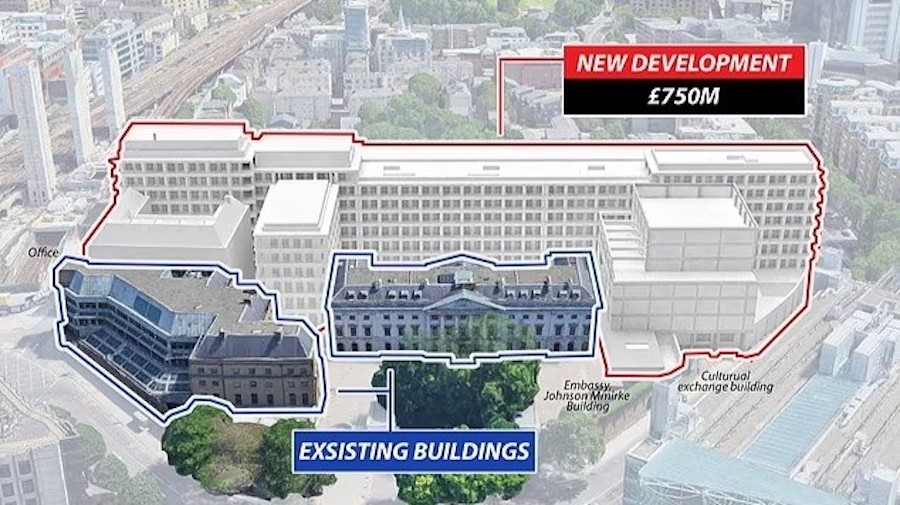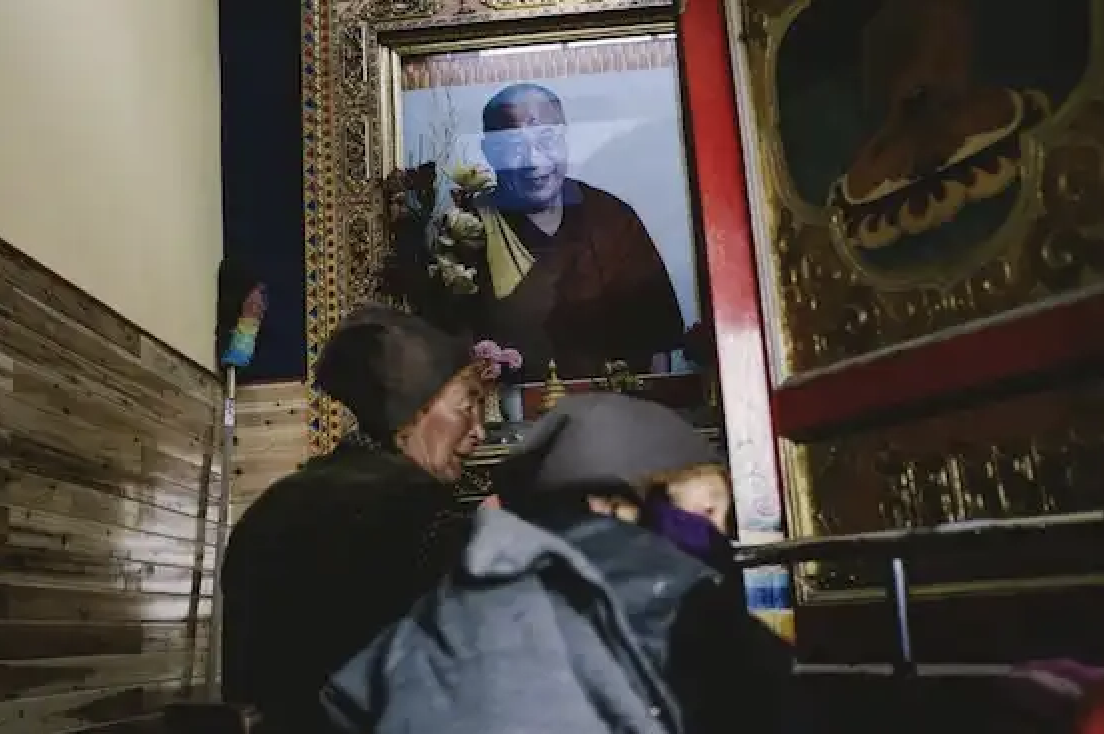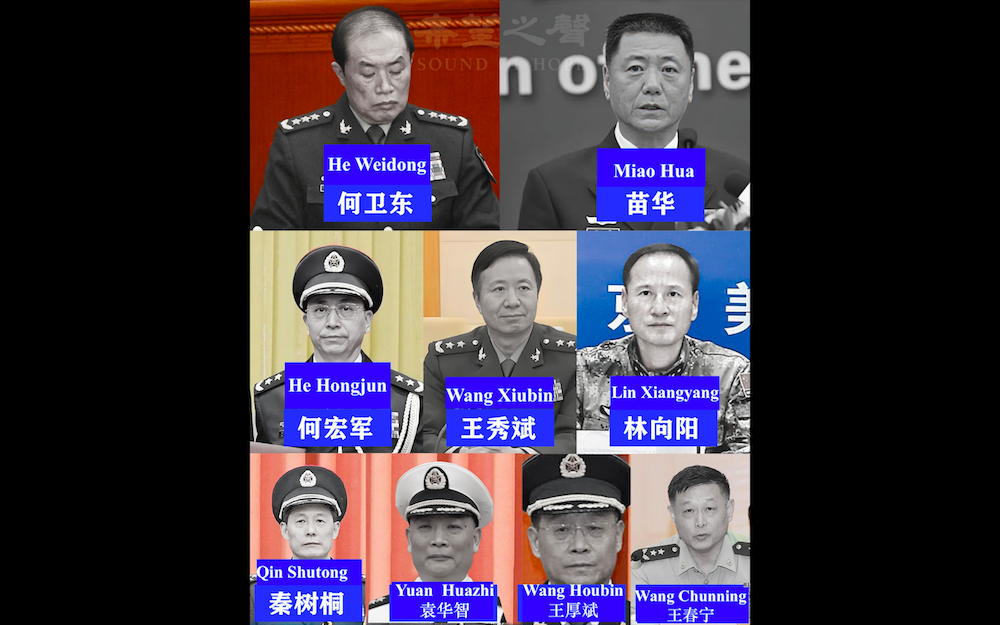Tsering Dhundup
DHARAMSHALA, May 20: Tibetans in Dharamshala exercised their democratic rights on Tuesday as they head to polling stations for the preliminary elections to select their Tibetan Settlement Officer (TSO), the highest public office in the cluster community of Tibetan residents of Dharamshala.
The election took place across 13 polling stations, covering a constituency that extends from TCV Upper Dharamshala to Gopalpur. The Tibetan Settlement Office Dharamshala operates as a unit under Central Tibetan Administration’s Department of Home, serving the socio-economic welfare of Tibetan refugees in and around Dharamshala since its establishment in 1967.
Speaking with Phayul, Ngawang Woebar, a former political prisoner and one of the voters, emphasised the fundamental importance of participation in the democratic process. “Voting is the cornerstone of any democratic process,” he stated. “If someone claims to support democracy but doesn’t vote, they’re not truly participating in the democratic system and are failing to fulfil their democratic responsibilities.”
Karma Lekshey echoed similar sentiments, describing voting as both a right and a responsibility. “When we fulfil both our rights and responsibilities, we earn the legitimacy to voice our concerns about whoever wins the election,” he explained. He stressed that the Settlement Officer position is particularly crucial as it serves the welfare of the people and provides a resource for community members during times of crisis.
Kunchok Migmar, who is the incumbent Settlement Officer serving for the past three years, is seeking another term. He highlighted his accomplishments during his tenure and the valuable relationships he has built with local stakeholders. “These established connections have proven instrumental in addressing community needs, and I believe they will enable me to serve our people even more effectively in the future,” Migmar stated.
He acknowledged ongoing challenges, including housing issues affecting 218 households and needed improvements to road infrastructure. Rather than making grand promises, Migmar emphasised his commitment to “sincere, dedicated effort into solving problems throughout my entire term.”
Migmar noted the distinctive nature of the Dharamshala scattered settlement, describing it as “home to almost half of the state government, and the head offices of all the Tibetan NGOs are here.” He emphasised the special responsibility regarding His Holiness the Dalai Lama’s safety and security, which sets this settlement apart from other Tibetan communities.
The Tibetan presence in Dharamshala dates back to April 1960, when the Tibetan leader moved here from Mussoorie. Although there are no formal Tibetan settlements in Dharamshala, Tibetans have been living in the area continuously since then, making it the de facto capital of the Tibetan exile community.










